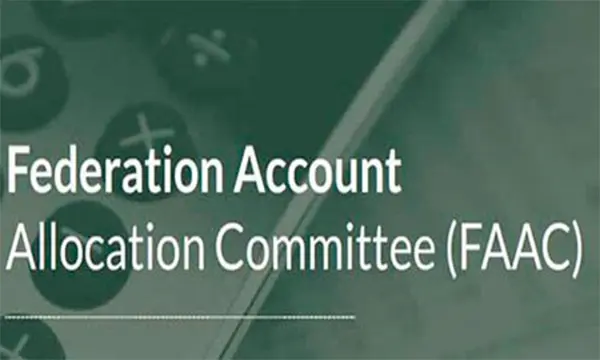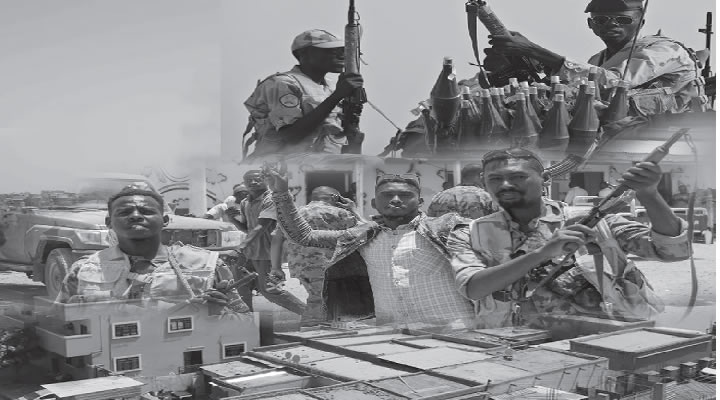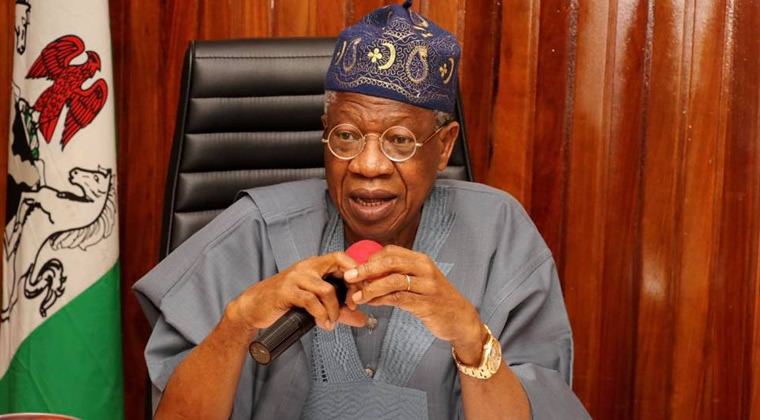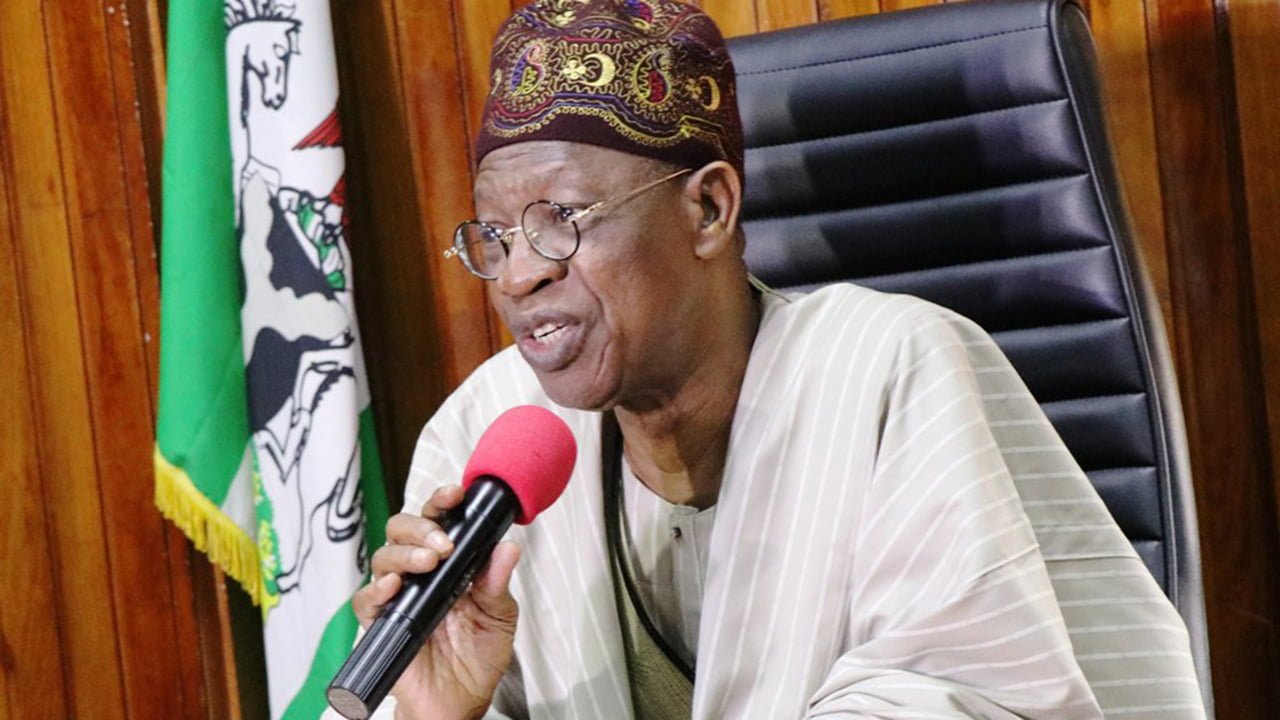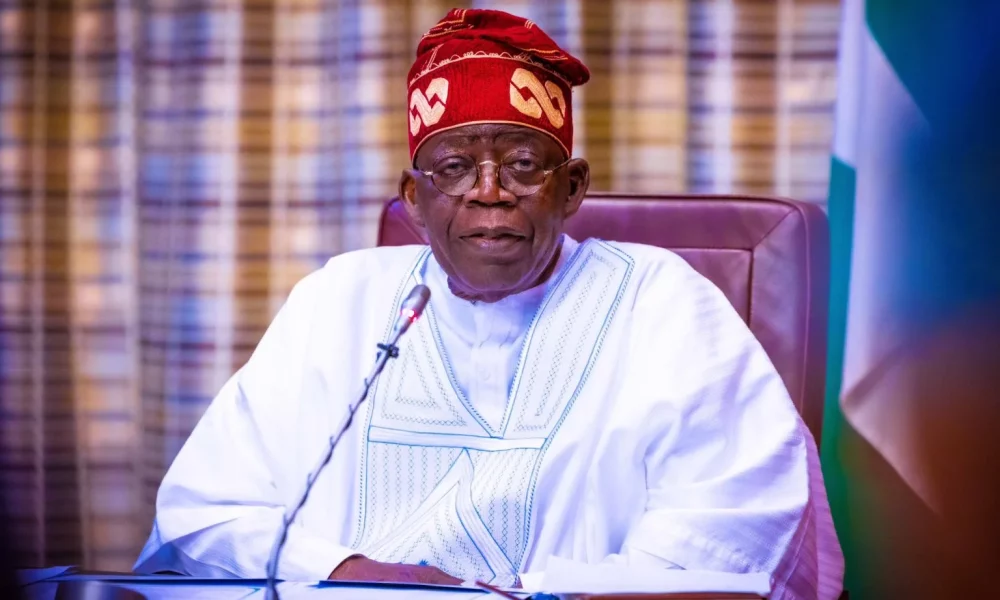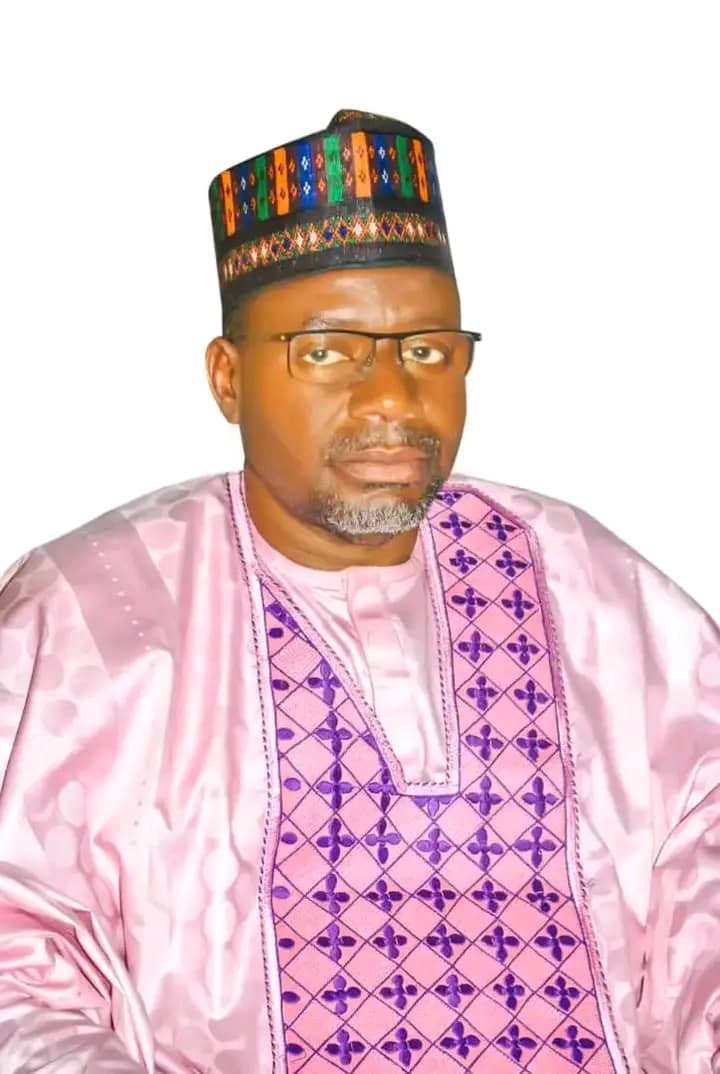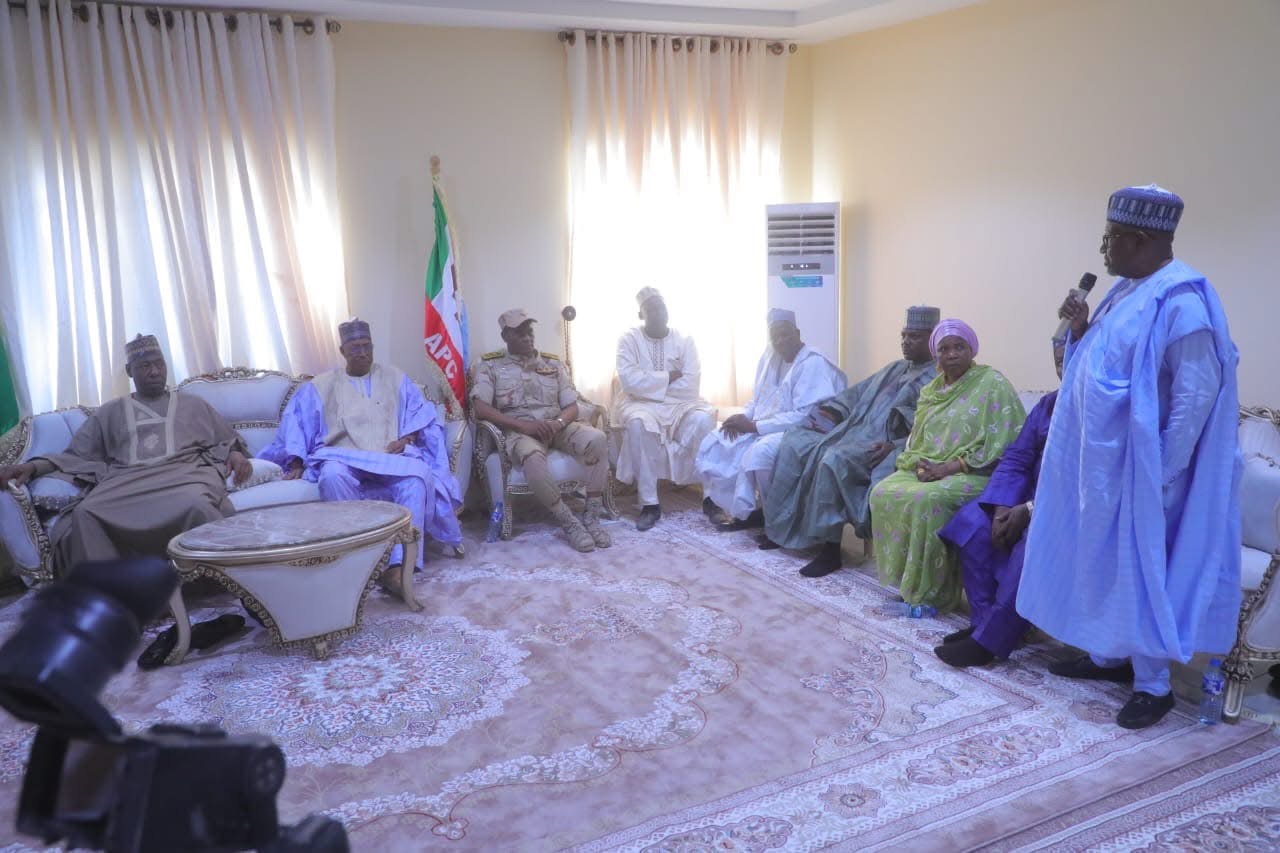The Minister of Youths and Sports Development, Sunday Dare, says some 47,000 youths have so far applied for the Work Experience Programme (WEP) of the Federal government.
The News Agency of Nigeria (NAN) reports that the WEP project is one of the series of economy sustainability projects being implemented by the Federal Government to bridge the gap in practical work skills against unemployment.
Dare, at a virtual meeting with Connected Development (CODE), a civil society organisation, said that youths applied for WEP through the ministry’s website and some social media platforms.
He said that the ministry developed sharper tools to reach youths and deliver programmes to them, thereby creating a level-playing field for all.
“The ministry alone cannot deal with the issues confronting our youths, ranging from training, employment, support, entrepreneurship, grants, to soft loans.
“That is why other stakeholders like the Humanitarian affairs and industry ministries and about eight other sectors are complimenting government’s efforts by working to ensure that youths are catered for.
“When we came in, we saw that most of our programmmes are done through analogue, forms are printed and circulated; I found that very limiting because that means if you are not close to Abuja or somebody in government, you can never get that form.
“So when we realised that a large number of our youths are online, we decided to start recruiting for our programmes through the online platforms.’’
Dare said that several trainings for youths have been ongoing, like the stimulus programme, youths digital skills training in virtually all the states.
He added that the ministry got some funding under the Economic Sustainability Plan to improve the didgital knowledge of youths.
“As I speak, about 4,000 plus, undergoing the training across the country, will be finishing shortly, and we will begin other trainings to enable us reach the target of 200,000 youths with requisite skills,’’ he said.
Dare said that the ministry is working to ensure that the National Youth Policy is implemented fully. Although some components have been achieved, there is the need to accelerate the implementation of other components.
He said that the first batch of disbursement from the N75 billion National Youth Investment Fund had been concluded, and hopefully the second batch will begin by September.
Dare said that the ministry is also working to unite the various factions of the National Youth Council of Nigeria (NYCN), because “when I came into office, I found them with five presidents.”
“But today, we have been able to get all the presidents together. Some have agreed to step down and allow one person to lead. For us, that was a break through even though one is still in court,’’ he said.
Dare said that the federal government is working to steer NYCN away from partisanship and return it to its “status of a conveyor belt to help deliver government’s youth-focused policies”.
He said that the ministry is planning the first ever national youth conference that would draw 10 participant from every state, an assemblage of about 370 Nigerian youths.
“This is to enable participants brainstorm on six thematic areas, including youths and governance, youth and peace and security, youth and ICT, and youth in entrepreneurship.”
Dare said that a working document would be put together on youth inclusiveness in governance, designed to open a new chapter and bridge the relationship and trust deficit gap with the government.
Mr Hamzat Lawal, Chief Executive, CODE, said that the meeting was organised so the ministry could give status update on its youth programmes and issues, especially the youth development fund.
“This information will also empower us to amplify the work that you are doing and collect more feedback from young people and get more young people to support the initiative that you are leading under the president,’’
On youths and some gaps identified, Lawal wondered why no member of the NYCN is a member of the National Youth Service Commission scheme board.
And on what the ministry is doing on the twitter ban, Lawal said many youths today transact their business on that platform.
He suggested a biannual youth townhall meeting, a platform to meet young people, CSOs, stakeholders and the media where the ministry will continually unveil its youth programmes.
Lawal urged the minister to entrench youth development in Nigeria to close the information gap between the ministry and young people.
Ms Ruth Okafor, Project Assistant, ActionAid Youth Leadership Project, said that the project being handled by CODE is currently running in six focal states.
Okafor said that so far, the capacity of youths had been built, and they have been empowered to build the capacities of those within their communities to understand what they need to do in governance structure.
She said that the project also aims to seek transparency and accountability in government youths intervention programmes to ensure effective delivery.
NAN





